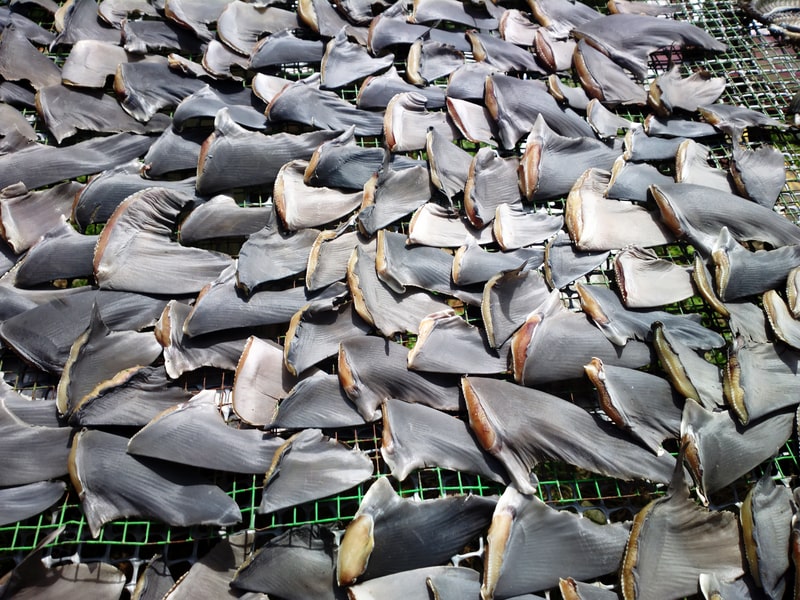Last updated on September 4th, 2022
Society, Culture & Lifestyle
42. Brunei’s Culture is Greatly Influenced by Malay Culture
Brunei’s culture can be traced back to the Old Malay World. Therefore, it is deeply rooted in its Malay origins as reflected in the country’s language, daily life, customs, ceremonies, and architecture. Standard Malay is spoken by about 65% of the population but English is also widely spoken, most signs in Brunei are displayed in Roman script.
43. Foreign Civilizations Have Enriched Brunei’s Culture
Bruneians are predominantly Malay. However, there are significant populations of Indian, Chinese, and indigenous peoples that have added to Brunei’s cultural makeup. Brunei’s blend of cultures is similar to that of Malaysia.

44. Islam Is At the Heart of Bruneian Culture
If Malay traditions are at the root of Brunei’s culture, then Islam is at its heart. The nation’s monarchy uniquely blends the teachings of Islam with the best of Malay culture. Despite Brunei being a devoutly Muslim nation, a strong emphasis is placed on tolerance, allowing for the practice of other beliefs and religions.
45. Family Plays a Central Role in Brunei
The family is the focal point of Bruneian society. In Brunei, the family includes extended family members such as cousins, uncles, aunts, and even close friends. Extended family members are expected to remain loyal to each other.
Brunei has a hierarchical culture where position and age are revered. Children are taught to respect their elders and subjugate their desires for the good of the family. Children also learn the importance of family support in accomplishing goals.
46. 7 Indigenous Tribes Are Recognized by Brunei’s Constitution
Most members of these tribes have already converted to Islam or Christianity but there are still those who practice animism.
47. Brunei’s Cuisine Is A Unique Fusion Of Malay, Chinese, Indian, Arab, And European Influences
Bruneian cuisine exudes a unique flavor because it is a cultural fusion of culinary influences from different civilizations. The Malay and indigenous tribes have shaped Bruneian cuisine with their cooking styles and ingredients. The Chinese, Arabs, Indians, and Europeans have left their mark on Brunei’s cuisine. It is this masterful fusion that makes Bruneian cuisine memorable.
Wildlife & Nature
48. 78% of Brunei Is Covered by Rainforests
Despite the pressures of development, Brunei has been able to conserve 70% of its rainforests. These rainforests are home to diverse flora and fauna. Some of the most threatened animal and plant species are found in these forests. Notable wildlife species include saltwater crocodiles, flying lizards, proboscis monkeys, and the Sunda clouded leopard.

49. Brunei Was the First Asian Nation to Ban Shark Finning
Shark finning was banned in Brunei in June 2013. It is a cruel practice that is detrimental to the survival of many shark species. Leading conservation organizations applauded this move. This ban stipulates that no shark species can be caught in the waters of Brunei. The trade, import, and sale of shark products have also been criminalized in Brunei.
50. The Ulu Temburong National Park in Brunei is One of The Most Diverse Ecosystems in the World
This Ulu Temburong national park covers about 50% of Brunei’s southern district and it has bewitching green landscapes. It is known as the “Green Jewel of Brunei” because of its unspoiled jungle.
Brunei – quick facts and statistics
| Independence | 1 January 1984 (from the UK) |
|---|---|
| Capital City | Bandar Seri Begawan (4°53.417′N 114°56.533′E) |
| Largest City | Bandar Seri Begawan |
| Area | total: 5,765 sq km land: 5,265 sq km water: 500 sq km |
| Population | 471,103 (July 2021 est.) |
| Official Language | Malay |
| Borders | Malaysia |
| Currency | Brunei dollar (BND) |
| Literacy rate | 97.2 % (2019) |
| Demonym | Bruneian |
| Life expectancy at birth | 78.14 years (2021) Life expectancy at birth indicates the number of years a newborn infant would live if prevailing patterns of mortality at the time of its birth were to stay the same throughout its life. |
| Climate | tropical; hot, humid, rainy |
| Terrain | flat coastal plain rises to mountains in east; hilly lowland in west |
| Coastline | 161 km |
| Mean elevation | 478 m |
| Lowest point | South China Sea 0 m |
| Highest point | Bukit Pagon 1,850 m |
| Agricultural land | 2.5 % (2018 est.) |
| Birth rate | 16.3 births/1,000 population (2021 est.) |
| Death rate | 3.75 deaths/1,000 population (2021 est.) |
| Sex ratio | 0.96 male(s)/female (2020 est.) |
| Literacy rate | 96.7% |
| National symbols | royal parasol |
| National colors | yellow, white, black |
| National anthem | "Allah Peliharakan Sultan" (God Bless His Majesty) |
| National holiday | National Day, 23 February (1984); note - 1 January 1984 was the date of independence from the UK, 23 February 1984 was the date of independence from British protection; the Sultan's birthday, 15 June |
| Government type | Unitary Islamic Absolute monarchy |
| Sultan and Yang di-Pertuan Negara, Prime Minister | Hassanal Bolkiah |
| Crown Prince and Senior Minister | Al-Muhtadee Billah |
| Natural resources | petroleum, natural gas, timber |
| Industries | petroleum, petroleum refining, liquefied natural gas, construction, agriculture, aquaculture, transportation |
| Exports | $7.83 billion (2020 est.) natural gas, crude petroleum, refined petroleum, industrial alcohols, industrial hydrocarbons (2019) |
| Imports | $6.81 billion (2020 est.) crude petroleum, refined petroleum, cars, tug boats, valves (2019) |
| GDP - per capita (PPP) | $62,200 (2020 est.) |
| Time Zone | UTC+8 (Brunei Darussalam Time) |
| Internet country code | .bn |
| Calling Code | +673 |
| Drives on the | Left |
| Table last updated | February 15, 2022 |
